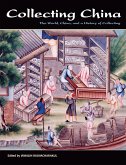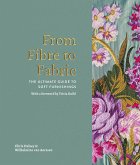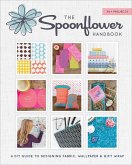Handcrafted textiles hold a central place in humanitarian aesthetics, ethics, and campaigning, from Oxfam projects to refugee workshops. These crafts evoke images of creativity and resilience but also stand as symbols of labour exploitation. Textile production, particularly in piecework and 'sweated industries, ' has long been a site of protest against poor pay, exploitation, and the erosion of traditional skills. Despite this dual significance, the history of philanthropic interventions in textile craft remains underexplored. This book delves into the intricate connections between craft, labour, and humanitarianism, examining the historical role of textiles in European and imperial humanitarian efforts. Through a series of case studies, it explores how philanthropic organisations and individuals have engaged with handicrafts to address social and economic challenges. Crucially, the book interrogates the complexities of humanitarian craftwork, balancing narratives of empowerment with critical analyses of control, agency, and commodification. Engaging with contemporary socially-engaged textile artists, the contributors reflect on how knowledge of craft practice can reshape historical understandings of humanitarianism. In doing so, it bridges past and present, showing how historical processes become materialised in modern craftwork. This is an essential contribution to the history of labour, material culture, and humanitarian practice, offering fresh perspectives on the intersections of craft and care.
Hinweis: Dieser Artikel kann nur an eine deutsche Lieferadresse ausgeliefert werden.
Hinweis: Dieser Artikel kann nur an eine deutsche Lieferadresse ausgeliefert werden.








